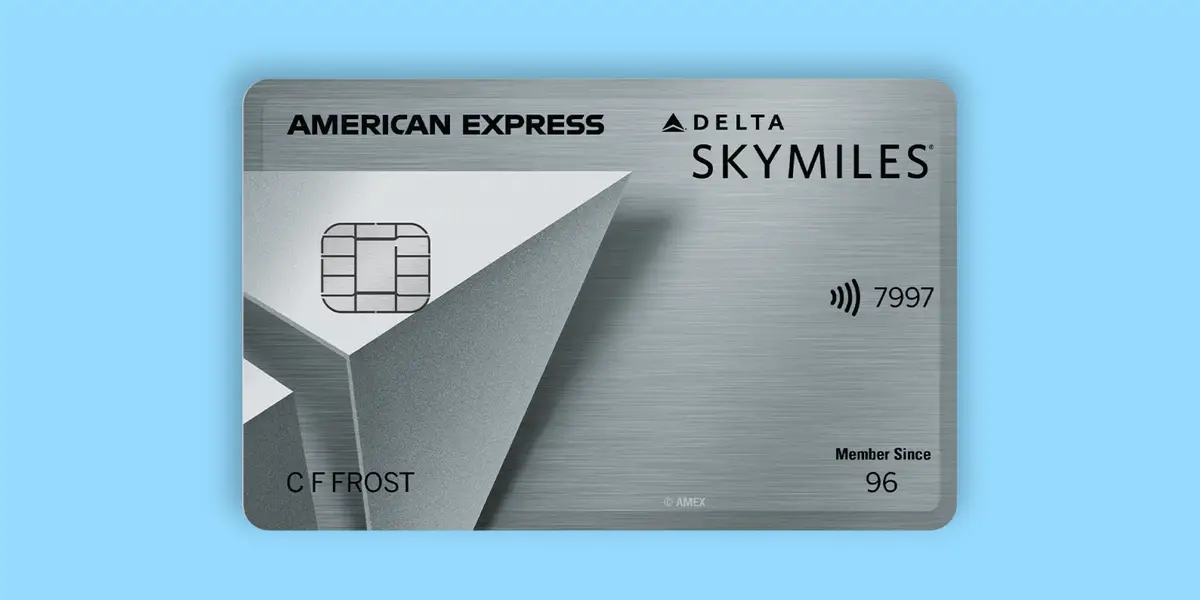How Credit Scores Affect Your Interest Rates on Credit Cards

Understanding Credit Scores and Interest Rates
Your credit score is an essential financial metric that influences many aspects of your financial life, particularly your borrowing capabilities. This three-digit number, which can range from 300 to 850, acts as a numerical representation of your creditworthiness. Lenders use this score to assess the risk of lending you money. A strong credit score not only enhances your ability to secure loans but also significantly reduces the cost of borrowing.
To grasp the importance of credit scores in relation to interest rates, let’s delve deeper into their mechanics.
Credit Score Ranges
Credit scores fall into various categories, each indicating the level of risk associated with an applicant. Typically, a score above 700 is regarded as good or even excellent, while a score under 600 is considered poor. Here’s how the ranges generally break down:
- Excellent (750-850): Generally qualifies for the best interest rates.
- Good (700-749): Likely to receive favorable rates, though not as low as those with excellent scores.
- Fair (650-699): May still qualify for credit but at higher interest rates.
- Poor (600-649): Struggles to find lenders willing to offer loans.
- Very Poor (300-599): Faces significant challenges and typically results in very high-interest loans if approved.
Impact on Rates
Your credit score has a direct correlation with the interest rates you’ll be offered. For instance, individuals with a high credit score can secure rates as low as 12%, significantly lowering their monthly payments and overall debt cost. Conversely, someone with a low score might face rates exceeding 25%, making it more challenging to pay off debts efficiently. This stark difference showcases how vital it is to maintain a positive credit score.
Types of Rates
Credit offers typically come in two varieties: fixed and variable rates. Fixed rates stay the same throughout the life of the loan, leading to predictable monthly payments. On the other hand, variable rates can fluctuate based on changes in the market, which might not favor the borrower. Those with higher credit scores tend to secure low fixed rates, thus benefiting from stable payments, while borrowers with poor scores may be saddled with variable rates that can spike unexpectedly.
Understanding the relationship between credit scores and interest rates is crucial for effective financial management. By taking steps to improve your credit score—such as paying bills on time, reducing debt, and monitoring your credit report—you can unlock better interest rates. This can lead to significant savings over time, making it an important aspect of personal finance to navigate wisely. Remember, a better credit score not only puts you in a more advantageous position when borrowing but can also enhance your overall financial health.
LEARN MORE: Click here to find out how to apply
The Direct Connection Between Credit Scores and Interest Rates
The relationship between your credit score and the interest rates on credit cards is crucial to understanding how much you will pay over time. When you apply for a credit card, lenders assess your creditworthiness using your credit score. This score is a significant factor that determines the interest rate they are willing to offer you. A higher credit score typically leads to lower interest rates, saving you money in the long run.
Why Lenders Care About Your Credit Score
Lenders examine your credit score to evaluate the risk of lending money. A strong score indicates that you are reliable and likely to repay your debts, while a lower score suggests a higher probability of defaulting on payments. As a result, lenders compensate for this risk by charging higher interest rates to those with lower scores.
For example, if you have a credit score of 750, you are more likely to receive an interest rate of around 12% on your credit card. In contrast, if your score drops to 600, you might find yourself facing rates of 25% or higher. This difference illustrates the financial burden that a low credit score can place on individuals.
Understanding Credit Utilization
Another important aspect that affects your credit score is your credit utilization ratio. This percentage reflects how much of your total available credit you are using. It is calculated by dividing your total credit card balances by your total credit limits. A lower ratio is favorable, ideally under 30%. For instance, if your credit limit across all cards is $10,000 and your total debt is $2,500, your credit utilization ratio is 25%. Maintaining a low utilization ratio can positively impact your credit score, leading to better interest rates.
Additional Factors Influencing Interest Rates
Aside from credit scores, several other factors play a role in determining the interest rates offered to you:
- Income Level: Higher income may indicate better repayment ability, potentially resulting in lower rates.
- Employment History: A stable employment history increases lenders’ confidence in your ability to pay.
- Debt-to-Income Ratio: This ratio compares your monthly debt obligations to your gross monthly income; a lower ratio suggests better financial health.
Recognizing these elements empowers you to take proactive steps to improve your credit score and influence your borrowing costs favorably. Being aware of how each factor works can guide you in making informed financial decisions.
DISCOVER MORE: Click here to learn how to apply
The Impact of Payment History on Your Credit Score
Your payment history is one of the most significant factors influencing your credit score, comprising approximately 35% of the total score. This means that if you consistently make your credit card payments on time, you are more likely to have a higher credit score, which can lead to reduced interest rates. For example, if you have missed payments or your account has been sent to collections, your credit score will likely drop. This drop may result in higher interest rates from lenders who view you as a greater risk.
The Importance of Keeping Accounts in Good Standing
Having accounts in good standing can demonstrate to lenders that you are responsible with your credit. To illustrate, if you have several credit cards but make timely payments on all, this can enhance your credit profile. Conversely, if you have multiple late payments or defaults on your credit report, lenders may charge significantly higher interest rates to compensate for the perceived risk of default. This cycle can make it challenging to escape the grips of high-interest rates without first addressing any negative marks on your credit report.
Length of Credit History Matters Too
The length of your credit history accounts for approximately 15% of your credit score. Lenders favor applicants with long credit histories because it provides a more comprehensive view of their credit behaviors. Opening new credit accounts can shorten your average credit history and may temporarily lower your score. So, if you have a credit card that you’ve maintained over many years, keeping it active can be beneficial for your score and, consequently, for the interest rates you receive.
Types of Credit Accounts
Another element that impacts your credit score is the mix of credit accounts, which makes up around 10% of your total score. Lenders prefer to see a range of credit types, including credit cards, auto loans, and mortgages, as this can demonstrate that you are capable of managing various forms of debt. If you only have credit cards, you may want to consider diversifying your credit mix to enhance your score. However, this should be approached cautiously, as applying for multiple accounts at once can lead to hard inquiries that can negatively affect your score.
Strategies to Improve Your Credit Score
If you’re looking to secure a lower interest rate on your credit cards, implementing a few key strategies can help:
- Set Up Automatic Payments: This can help you avoid missed payments and ensure your accounts remain in good standing.
- Monitor Your Credit Report: Regular checks ensure you can identify and dispute any inaccuracies that may be negatively impacting your score.
- Pay Off Debt: Reducing credit card balances can lower your credit utilization ratio, which can positively influence your score.
- Consider Becoming an Authorized User: If someone with a solid credit history adds you to their account, it can benefit your score.
These strategies are not just about improving your credit score; they also work toward securing more favorable terms and interest rates on your credit cards. Understanding the multiple facets of your credit profile empowers you to make informed financial decisions that align with your credit goals.
DISCOVER MORE: Click here to learn about the effects of credit card interest rates
Conclusion
Your credit score plays a crucial role in determining the interest rates on your credit cards, influencing how much you pay over time for borrowed money. Key factors such as payment history, credit utilization, length of credit history, and the diversity of your credit accounts all contribute to this important number. A higher credit score not only reflects a reliable borrowing history but also positions you for better financial opportunities, including lower interest rates that can save you money in interest payments.
By employing strategies like setting up automatic payments, monitoring your credit reports, and paying down existing debts, you can enhance your credit score. Improving your score requires consistent effort, but it is a worthwhile investment in your financial health. For many, achieving a higher credit score is the gateway to more favorable credit card terms and lower interest rates.
Remember, understanding and managing your credit is an ongoing process. As you continue to build a positive credit profile, you will likely unlock better interest rates and financial options that can lead to greater financial freedom. Stay informed, take proactive steps, and consider seeking advice if you face challenges along the way. Your future financial success can hinge on the steps you take today regarding your credit score.


